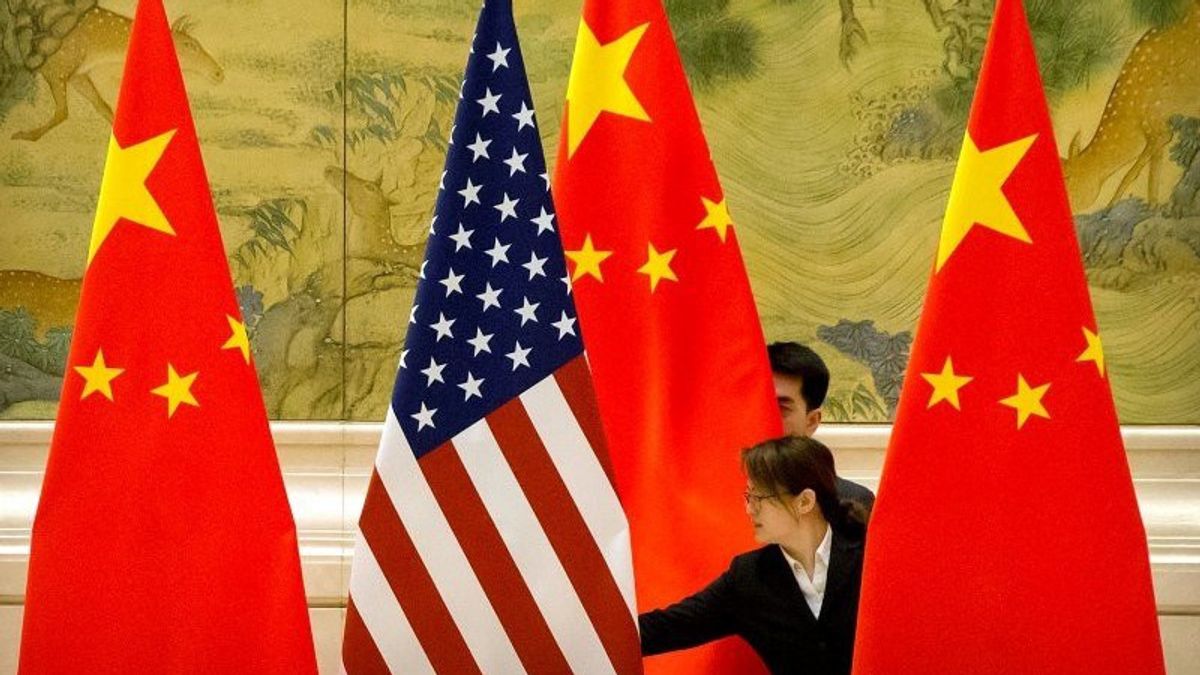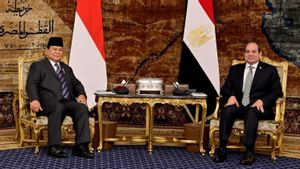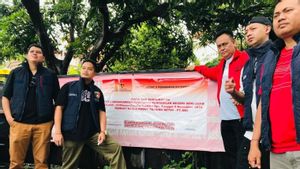JAKARTA - The United States (US) government under President Donald Trump is expanding economic pressure on China's Xinjiang region. The US has banned the import of cotton from producers in Xinjiang who are said to use Uighur Muslim forced labor.
The US Customs and Border Protection Agency (CBP) on Wednesday, December 2 called "withholding permits" would prohibit imports of cotton and cotton products produced by the Xinjiang Production and Construction Corps (XPCC). XPCC is one of China's largest producers.
The move is the latest in a number of steps taken by the Trump administration in the remainder of its few weeks in office to toughen its position on China. This is predicted to make it more difficult for the next US president, Joe Biden, to reduce tensions in US-China relations.
The rules target the XPCC, which produces 30 percent of Chinese cotton in 2015, after the US Treasury Department banned all dollar transactions with the entity. The ban took effect in July 2020.
Meanwhile, the Ministry of Finance sanctions target the XPCC financial structure. CBP's move will force apparel companies importing cotton products into the US to remove XPCC cotton fiber products from their supply chains, according to Brenda Smith, Executive Assistant Commissioner for Trade at CBP.
CBP has the power to withhold shipments on suspicion of involvement of forced labor under US law to combat human trafficking, child labor, and other forms of human rights abuse.
US Homeland Security Secretary Kenneth Cuccinelli, who oversees CBP, told the media that the ban on cotton imports from Xinjiang was still under review. He called "Made in China" a "warning label".
"The cheap cotton products you buy for family and friends in this era of giving, if they come from China, are probably made by slave labor in the most terrible human rights violations that are still happening in the modern world today," said Cuccinelli.
US clothing companies previously criticized the broad ban, calling it impossible to enforce, but a group of apparel manufacturers and retailers on Wednesday issued a joint statement supporting the specific ban.
The group welcomed CBP's ban on XPCC products, and said it was at the "vanguard of ensuring forced labor would not taint our supply chains or enter the United States."
The English, Chinese, Japanese, Arabic, and French versions are automatically generated by the AI. So there may still be inaccuracies in translating, please always see Indonesian as our main language. (system supported by DigitalSiber.id)













